Days of Happiness premieres at TIFF and will be released in Quebec on October 20. A wider release will occur later this year…
Days of Happiness is the newest film from Montreal-based writer and director Chloé Robichaud as the filmmaker reunites with muse Sophie Desmarais. Premiering at the Toronto International Film Festival this year, the film is a remarkable take on the world of orchestra conducting. But as recent examples of this industry have delved into the unspeakable environment of workplace abuse and power dynamics, a la Tár and Mozart in the Jungle, Days of Happiness is a much different animal.
Robichaud stars as Emma, a talented conductor who has worked hard to establish herself in music as one of the next great leaders to hit the Quebec orchestra scene. She is managed by her father (Sylvain Marcel), an overbearing and controlling man often dismissive of his daughter’s desires to have an entire life outside the orchestra. But Emma strives for autonomy, especially regarding her relationship with cellist Naëlle (Nour Belkhiria), a single mother with some baggage of her own.
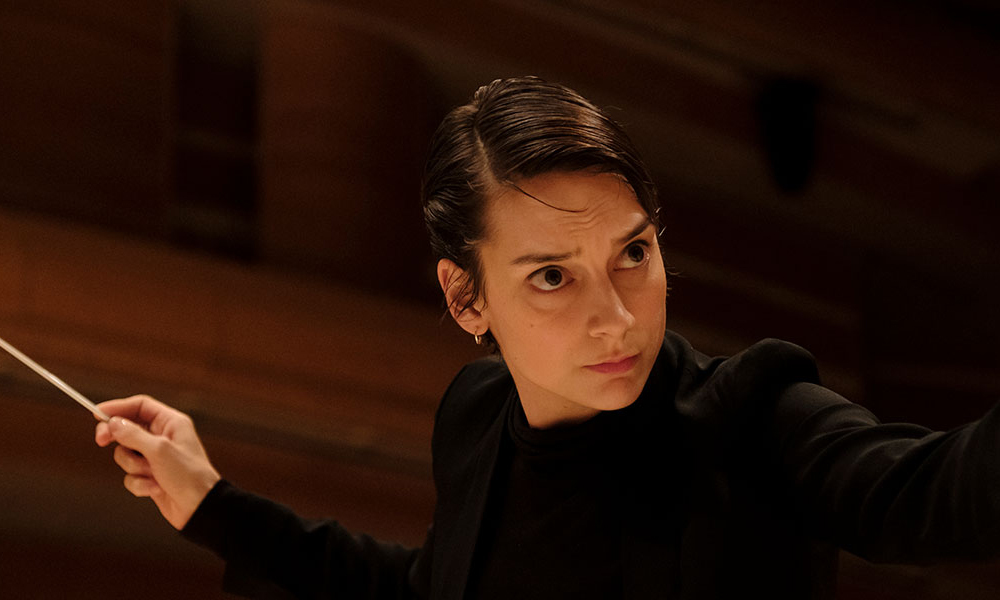
I had the great pleasure of speaking to Chloé Robichaud ahead of the film’s world premiere at TIFF.
In Days of Happiness, we have Emma, an orchestra conductor in Montreal who is trying to juggle her personal life with cellist Naëlle and her working relationship with an overbearing agent father. As the film progresses, it’s clear that her family dynamic suffers. Do you think she tries to use Naëlle and Naëlle’s son as a way to start a new family unit?
For me, that’s exactly it. I think she lacks affection. We can feel this kind of toxicity, it’s cold. I think she has an ability for love and affection. She wants to be part of something and represent that. The fact that [Naëlle] has a son is a way for her to understand that she could be a mother or actually she’s good with children. There’s a line in the film at the beginning when the dad makes a comment that he thinks is a joke, but he says she takes a baby in her arms and he says, “Oh, careful, she’s not good at that.” So we understand that here’s something unconscious in Emma that she thinks she’s maybe not good for children. Naëlle and her son are a way for a mother to reconcile that part of herself.
You have worked with actress Sophie Desmarais in the past. How was collaborating with her on Days of Happiness this time?
It’s amazing working with Sophie! It’s been 10 years since our first run, but we’re good friends. We know each other very well. We have a great chemistry together. So it’s great to have that collaboration. There’s no bullshit between us. We can just really say things and we were open to each other’s ideas on the character. To me, it’s a really creative process. It’s Sophie. She’s someone who works really hard. We needed that for that film because, well, there’s, I think close to 25 minutes in the film of her conducting or playing the piano. It’s a lot of preparation for an actress and she was ready to do that work. She worked for two years with a coach to prepare for that role correctly. I think she did an amazing job. What I like so much about Sophie is she really has a strong inner life. It’s like she doesn’t need words. Everything speaks through her body language. I think that’s great for the film. Because having a conductor when she’s on the podium, she cannot use words; she can only use her body language. Sophie is so good at that.
The music is so moving during the orchestra scenes. How difficult was it to direct these scenes and how do you think music plays a role in the movie?
Well, it was challenging, that’s for sure. But I was lucky I had Yannick Nézet-Séguin, who’s the conductor at Montreal’s Orchestre Métropolitain. He was there to make sure we were doing the right thing, that the choreography was the right one. I was lucky to have that but it was very exciting to be with the musicians to really get the flow of the music and let myself be immersed by the music to make the right choices, camera, and movement. I told my D.P. we need to listen really carefully to the music, really feel the music, and react to what we’re feeling. The camera needed to be in great harmony with that. And I’m honestly proud about those scenes. I think we’re really connected to the music.
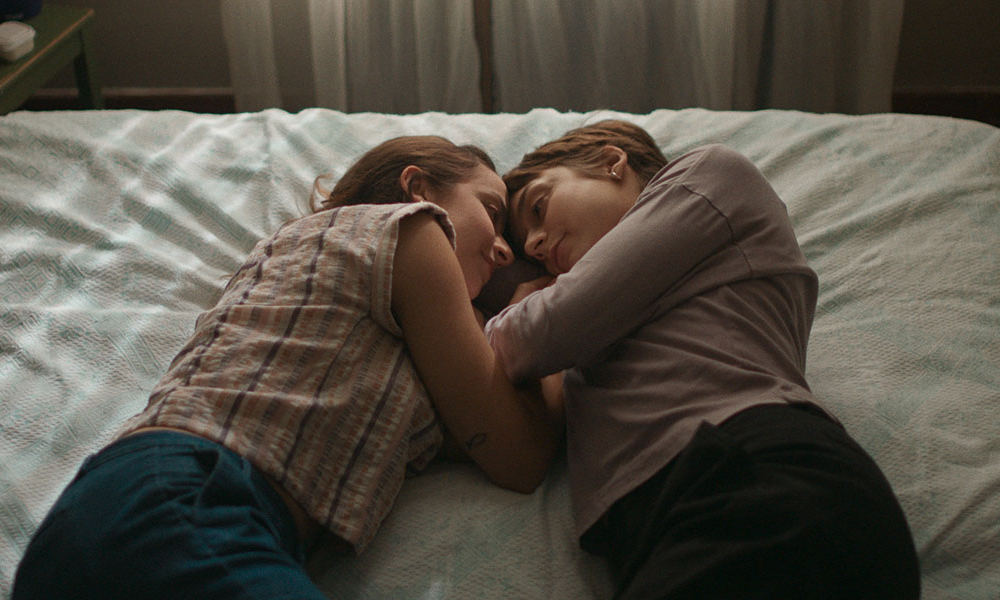
Was it important for you as the writer and director to frame the premise of this movie as a queer story?
Very important. It was natural for me. I’m openly lesbian, I’m in a lesbian relationship. I have two kids with my partner. So to me, it was important to have a lesbian character on screen. But also, I think it’s interesting because the movie’s not about identity. I think there have been a lot of movies that are about the process of coming out. That’s great and it’s important, but I think we’re also there in the point of history and cinema that we’re ready to have stories that are about something else. The character is part of the LGBTQ+ community, so that was something I was trying to do.
It’s very nice to watch a queer story that’s not really about the clichés of coming out.
Exactly. I was happy to present that in the film. To present it with the character being female, we have a different side of that queer story. Naëlle was with a man before and now she’s divorced. She has a kid and it’s new for her to be in a lesbian relationship. It comes with some struggles. It’s not as easy for her with her family. To have those worlds meeting felt interesting to me.
With all of that said, what do you hope that audiences come away with after the credits roll on Days of Happiness once it’s over?
Honestly, writing this film helped me. It freed me of something. It gave me a sense of liberty and I hope when people come out of the theater,[they] feel that sense of, “Okay, I emerged!” Just like Emma in the end. There’s violence in the film. There’s anxiety in the film, but I think in the end, we feel relief. I hope people can connect to that and can connect their own personal story to the film. We all have our weird relationships somehow, and I think we can identify at some point [with the film]. You don’t need to have a father like him. But I think people can relate to some parts of the film, and I hope it helps them.

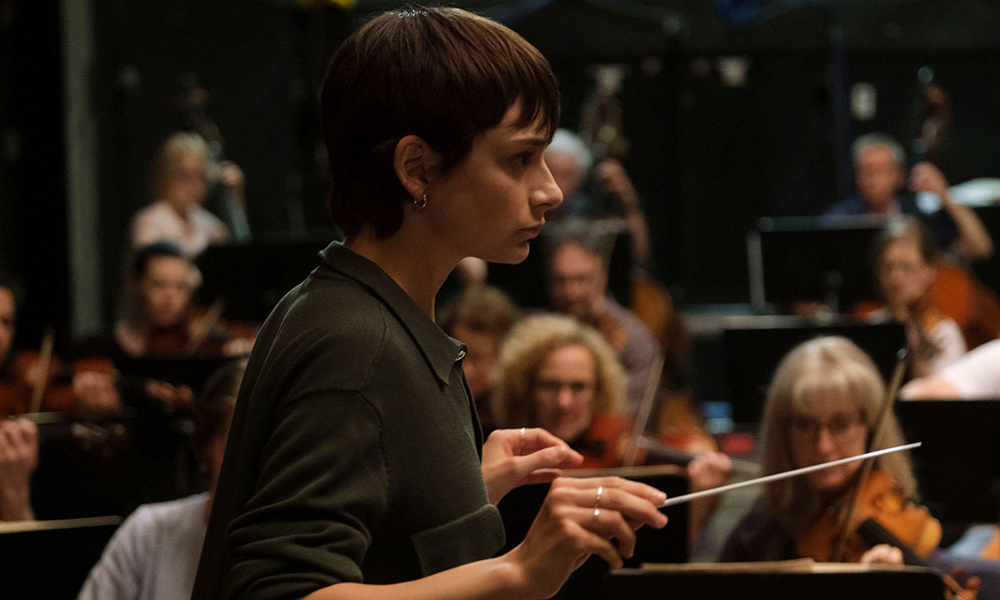
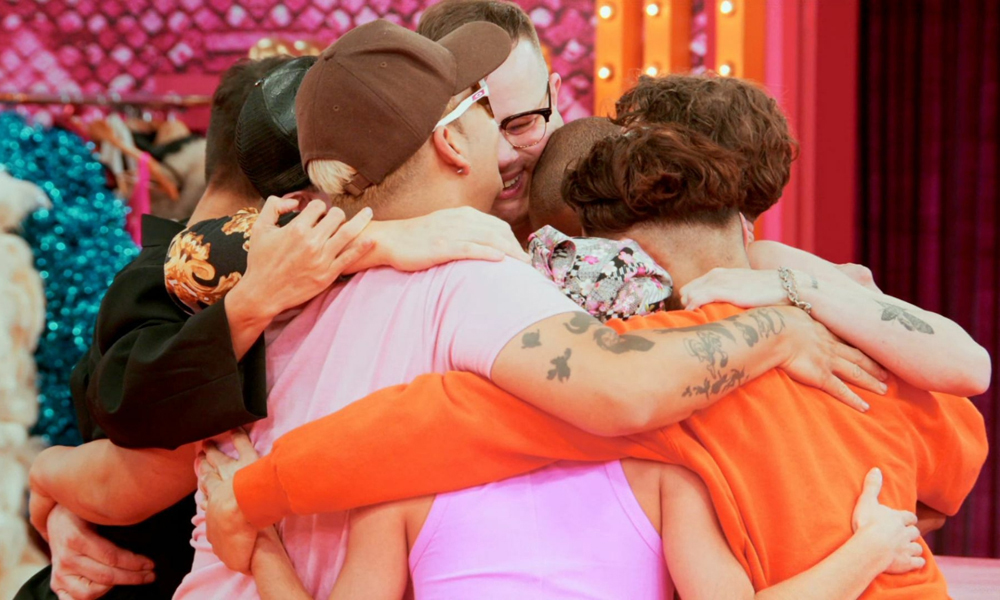
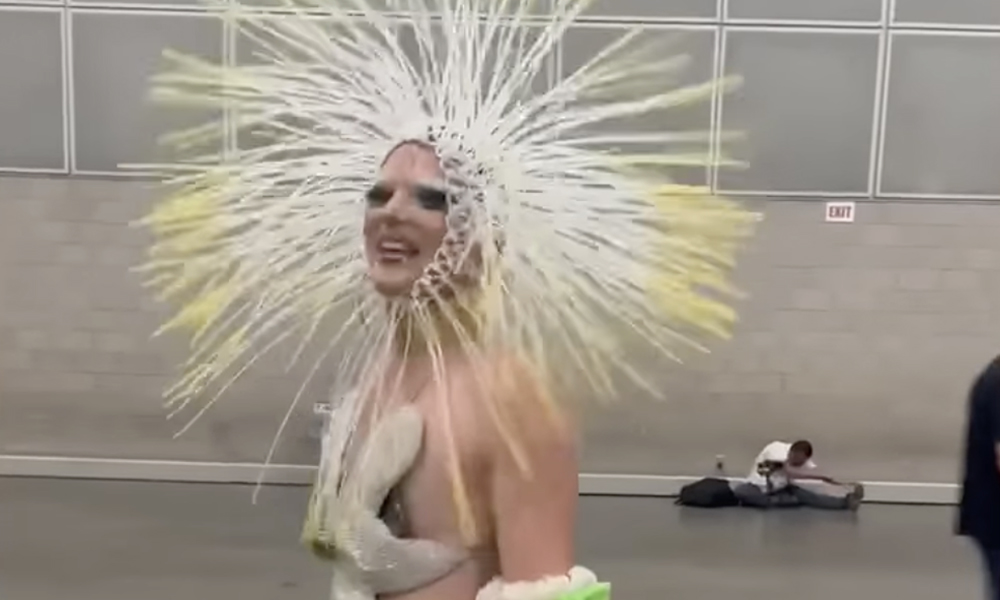
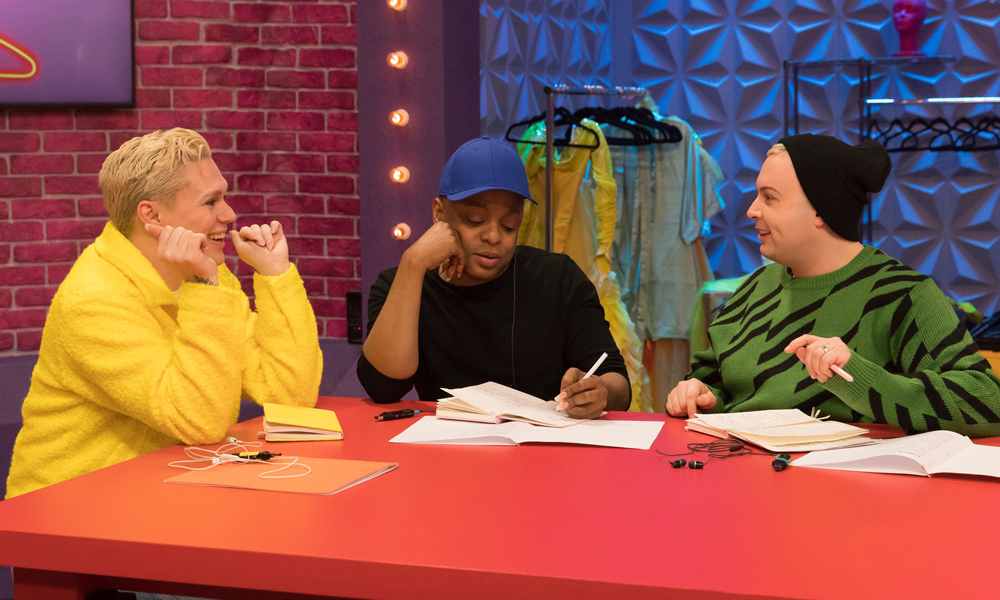

POST A COMMENT